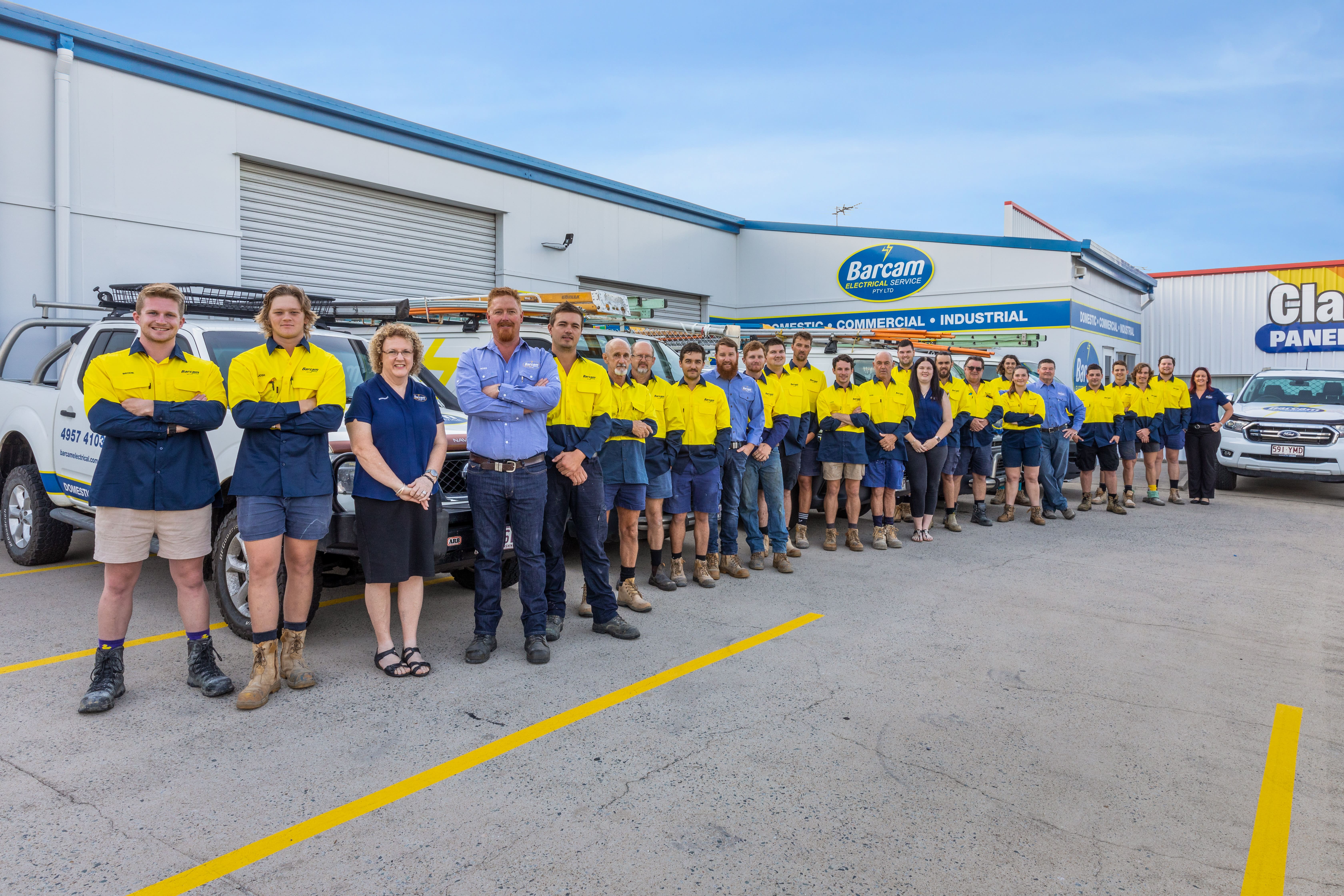All properties sold in 2022 must meet new smoke alarm requirements
FROM 1 January 2022, all residential properties sold must meet new strict smoke alarm legislation requirements.
The new legislation, passed by the Queensland Government in 2016, adds several new requirements to current legislation.
>> READ MORE: LANDLORDS RISK RENTAL INCOME IF THEY MISS SMOKE ALARM DEADLINE

From 2022, all smoke alarms in a property for sale must be photoelectric (AS 3786-2014) and not also contain an ionisation sensor, be less than 10 years old and operate when tested and be interconnected with every other smoke alarm in the property so they all activate together.
Smoke alarms must also be installed on each storey in each bedroom and hallways that connect bedrooms and the rest of the property. If there is no hallway, between the bedrooms and other parts of the storey and if there are no bedrooms on a storey at least one smoke alarm must be installed in the most likely path of travel to exit the property.
Smoke alarms must also not be placed within certain distances of walls, air-conditioning vents, light fittings and ceiling fans as dictated by legislation.
With the Queensland property market currently booming and properties selling within days or even off-market, to ensure a property settles without delay, REIQ recommend vendors request a smoke alarm upgrade at the time of the listing.
>> READ MORE: ATO ISSUES 2021 GUIDE FOR RENTAL PROPERTY OWNERS

And not only do properties being sold need to comply, but Queensland rental properties also have to comply from 1 January 2022 at the commencement of a new lease or lease renewal.
With many complex requirements being added on top of the current legislation, vendors are encouraged to use only a professional smoke alarm provider to upgrade the smoke alarms in their property.
Smoke Alarms Australia has been keeping properties smoke-alarm compliant since 2005. With legislation being frequently updated, SAA can keep on top of any changes and keep properties compliant.
SAA said the risks around smoke alarms are legal and of course, the fire risk.
>> READ MORE: QUEENSLAND’S RENTAL LAW REFORM PROGRESSES

According to the Queensland Fire and Emergency Service statistics on residential house fires on the SAA website, if a fire starts in a home with no working smoke alarm it’s 57 per cent more likely that property damage will occur, 26 per cent more likely that a serious injury will occur and four times more likely that there will be a fatality.
While 46.6 per cent of fires are most likely to start in the kitchen, 8.4 per cent in the bedroom and 7.3 per cent in storage, according to the Queensland Fire and Emergency Service statistics on residential house fires on the SAA website.



